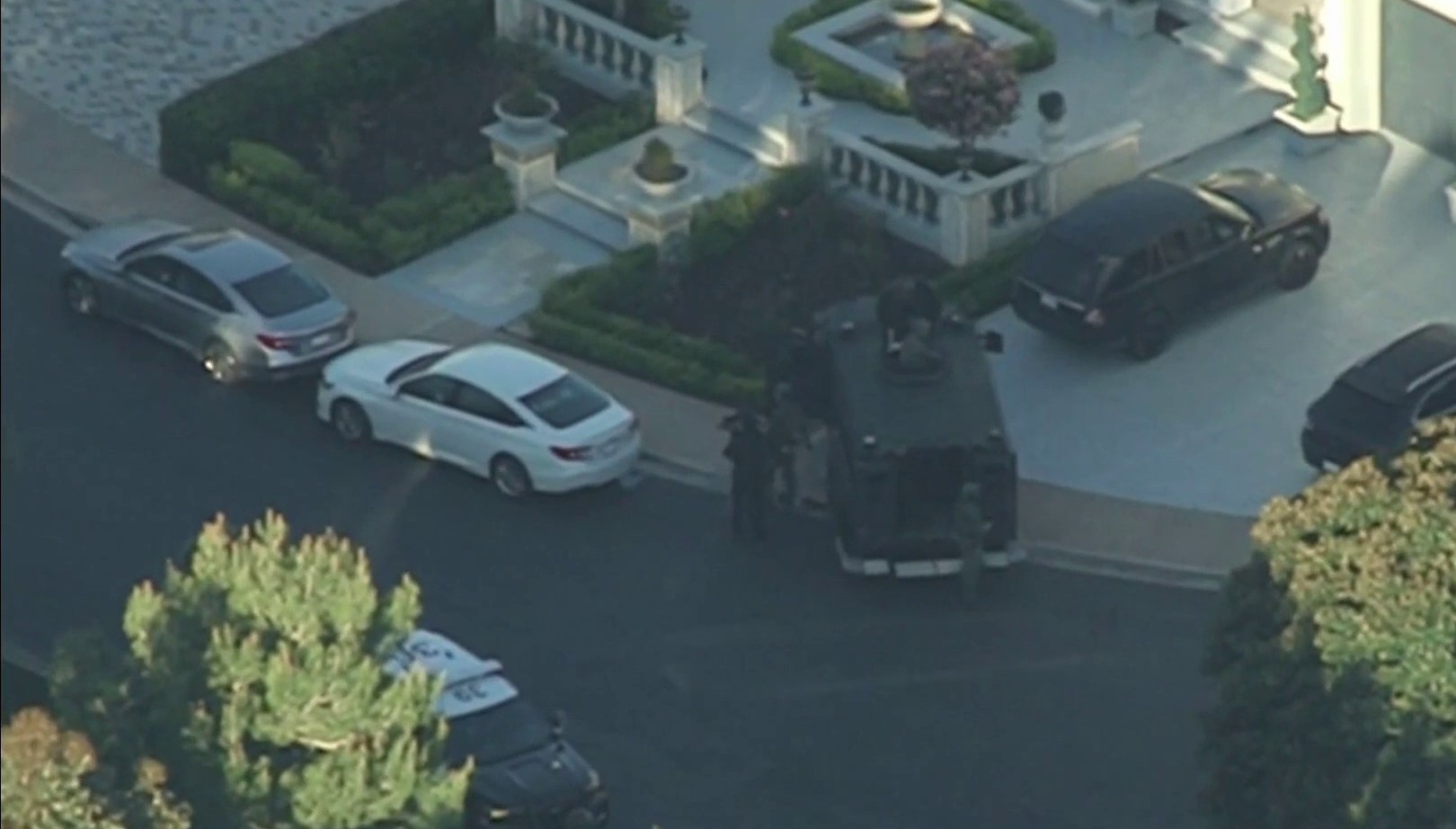Coachella Valley vector control officials will be working on multiple fronts this weekend to eradicate growing mosquito infestations in the region that pose a potential risk to public health.
Anti-mosquito spraying is set to commence Saturday in parts of Cathedral City and Palm Desert where the invasive, day-biting Aedes aegypti mosquito has gained a foothold.
In Cathedral City, the area slated to be treated is bordered by Ramon Road to the north, Rancho Vista Drive to the west, Dinah Shore Drive to the south and Shifting Sands Trail to the west.
In Palm Desert, the area is bordered by Shadow Mountain Drive to the north, Portola Avenue to the west, Haystack Road to the south, and Amir Drive/Burroweed Lane to the east.
Spraying will continue every Saturday through Oct. 12 between 2 and 6 a.m.
Anti-mosquito spraying involves the use of chemicals approved by the U.S. Environmental Protection Agency. Pesticides are emitted as a mist dispersed from machines anchored in the back of pickup trucks.
Local
Get Los Angeles's latest local news on crime, entertainment, weather, schools, COVID, cost of living and more. Here's your go-to source for today's LA news.
The Coachella Valley Mosquito and Vector Control District recommended that during operations, residents stay indoors and keep windows closed until at least 30 minutes after the trucks have departed.
Another area of concern is Indian Wells, where the St. Louis encephalitis virus was recently detected in a mosquito sample near the area of Vintage Drive and Portola Avenue, marking the furthest west the virus has been found in the Coachella Valley since it reappeared in 2015, public vector officials said.
Technicians there will be carrying out larval and adult mosquito control to cut down on the winged insect's population, and disease notification signs will be posted in the surrounding neighborhoods.
"As of today, no human cases of SLEV have been reported in Riverside County this year," vector control officials said.
However, there have been 11 human West Nile virus infections reported in Riverside County so far this year. Statewide, 98 WNV infections have been recorded, three of which were fatal, according to the California Department of Public Health.
An online map showing West Nile hotspots countywide is available here.
"Mosquitoes and mosquito-borne illnesses are a real threat. You must do everything you can to not get bit,'' said Tammy Gordon, a spokeswoman for the vector control district. "It's not worth the risk. We have not had this amount of virus activity in the valley for either virus since they were detected -- and that means the risk a person can get sick is greater."
Mosquitoes typically become carriers of the viruses after feeding on an infected bird and can then spread the potentially lethal strain to animals and humans. Those at greatest risk include seniors and individuals with compromised immune systems.
Symptoms may never materialize, but can include fever, headache, nausea, body aches, skin rashes and swollen lymph nodes.
Mosquito season in Southern California generally spans May to October.
To reduce exposure to mosquitoes carrying WNV, yellow fever, Zika and other diseases, residents are urged to:
- spend as little time as possible outdoors at dawn or dusk, whe mosquitoes are generally on the move;
- wear pants and long-sleeved shirts during outdoor activity;
- use insect repellent;
- ensure door and window screens are fitted properly to keep bugs out; and
- get rid of standing water, aside from pools properly treated with chemicals.
Anyone with concerns should contact the Department of Environmental Health at 951-766-9454.



